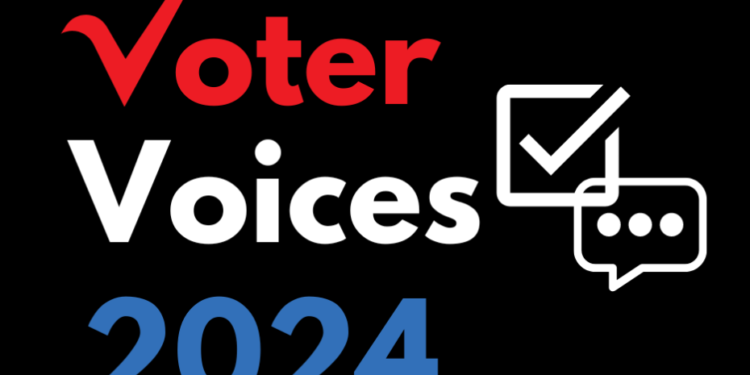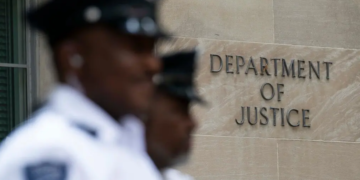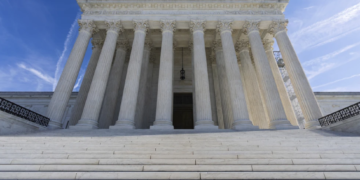Oct 14, 2024 Story by: Editor
It’s well-known that Black Americans, particularly Black women, played a pivotal role in helping President Joe Biden secure the presidency nearly four years ago.
However, this election year is shaping up differently.
A growing number of young Black men in key swing states are expressing support for Republican candidate Donald Trump. Meanwhile, Black voters—especially younger ones—may hold significant influence over the outcome of the election based on whether or not they choose to vote.
For Black Americans, particularly given the difficult and painful history of securing the right to vote, not voting could be seen as a powerful statement of apathy.
I was raised in a household where voting was non-negotiable. The Voting Rights Act of 1965 was passed just seven years before I was born into Generation X. My mother and aunt, who grew up in the deep South and later migrated to the Midwest, experienced firsthand what it was like to be denied the right to vote. They remembered those who lost their lives while helping to register Black voters.
This year, though, there’s an unsettling trend that would have deeply troubled my mother and aunt. More Black Americans are expressing uncertainty about voting in the 2024 presidential election compared to 2020.
A few months ago, many pointed to their dissatisfaction with the available choices. I spoke with numerous young voters who felt disconnected from the candidates: two elderly white men who didn’t seem to hear what these voters were trying to communicate.
Then came Vice President Kamala Harris. The prospect of seeing a Black woman as the Democratic presidential nominee has injected a new energy among voters I’ve interviewed. They spoke of an enthusiasm that wasn’t there two months ago.
Yet, as the political landscape shifted and Election Day approached, I continued speaking with voters.
They opened up about their internal struggle with this electoral dilemma and whether sitting out the election was even an option.
For most, especially older voters, it’s not. Except for 2012, when President Barack Obama sought his second term, Black voter turnout has historically been lower than that of white voters—and it could drop again this year.
At the same time, the political influence of Black voters has perhaps never been greater. Since 2012, the proportion of Black eligible voters has increased in most key states. Georgia experienced the largest jump, with a 4 percentage point rise in the Black electorate. Most swing states, except Michigan, saw increases, according to U.S. Census data.
In my interviews with a diverse group of Black voters across seven battleground states, I aimed to understand their intentions for voting and their reasons. I chose two individuals from each state, hoping to capture the conversations happening across generations—in lunchrooms with coworkers, after church, at barbershops, during family dinners, and even across social media. Some people expressed frustration; others, excitement.
For my family, voting remains a moral obligation. It’s our right as Americans and, for me, a lifelong duty to honor the struggles of my Black ancestors who fought for this right.
As I spoke with swing-state voters, I wanted to grasp what the Civil Rights Movement and the right to vote meant to them. But just as crucial was understanding the issues that matter most to them—in their own words. Source: USA Today
















